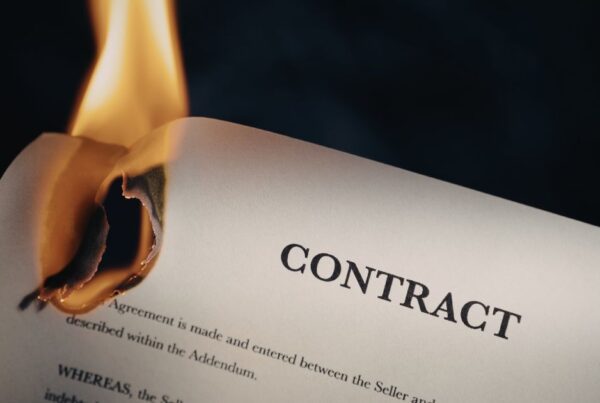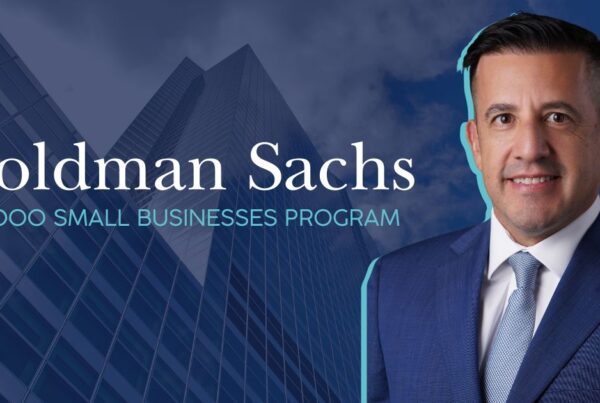 When shareholders suspect that a company’s leaders are acting against the business’s best interests, they may feel powerless. After all, how do you hold those in control accountable, especially when they control the company’s finances? That’s where a shareholder derivative action comes in.
When shareholders suspect that a company’s leaders are acting against the business’s best interests, they may feel powerless. After all, how do you hold those in control accountable, especially when they control the company’s finances? That’s where a shareholder derivative action comes in.
If you’re considering this type of lawsuit, understanding the costs involved is crucial before moving forward. While these cases can be powerful tools for protecting a company’s value, they are also complex, and the financial investment can vary depending on several key factors.
What Is a Shareholder Derivative Action?
A shareholder derivative action is a lawsuit brought by a shareholder on behalf of the company against insiders such as directors, officers, or majority shareholders who have allegedly harmed the business.
Common reasons shareholders file derivative actions include:
- Misuse of corporate funds or assets
- Breach of fiduciary duty by directors or officers
- Fraud, self-dealing, or mismanagement
- Unfair decisions that benefit insiders at the expense of the company
The key distinction is this: the shareholder is not suing for personal gain, but rather for the company itself. Any recovery or judgment typically goes back to the company, not directly to the shareholder.
Who Pays for a Shareholder Derivative Lawsuit?
Typically, the shareholder who initiates the case bears the upfront costs, including attorney’s fees, court filing fees, and expert witness expenses. However, there are important exceptions:
- If the shareholder wins, courts often allow reimbursement of attorneys’ fees and costs from the company, since the lawsuit benefits the corporation as a whole.
- If the lawsuit settles, the settlement agreement may include provisions for payment of the shareholder’s legal expenses.
- If the case is dismissed or lost, the shareholder may have to cover their own costs, and in rare cases, could even be responsible for the defendant’s legal fees if the lawsuit was deemed frivolous.
That’s why it’s important to evaluate the strength of your case early on with an experienced business litigation attorney.
Typical Legal Fees and Costs
While every case is different, here’s a general breakdown of what expenses might look like in a shareholder derivative action:
- Attorney’s Fees: Depending on the complexity, legal fees may range from tens of thousands to hundreds of thousands of dollars over the course of litigation. Many firms, including ours, may structure alternative fee arrangements depending on the case’s nature and risk.
- Expert Witnesses: Financial experts, forensic accountants, and corporate governance specialists are often essential. These costs can vary but are often several thousand dollars per expert.
- Discovery Costs: Gathering and reviewing corporate documents, depositions, and subpoenas can be time-intensive and costly, especially in cases involving large or long-standing companies.
- Court and Filing Fees: Though relatively minor compared to other expenses, these can still add up over time.
Derivative actions are not quick cases, they can take years to resolve, especially if they proceed to trial.
Can You Recover Attorneys’ Fees in a Derivative Action?
Yes, and this is one of the most important features of a shareholder derivative lawsuit.
If the shareholder’s action results in a substantial benefit to the corporation, courts often award attorneys’ fees and costs to the shareholder’s legal team. This ensures that individuals who take on the burden of protecting a company from internal wrongdoing aren’t left footing the bill alone.
The rationale is simple: the shareholder took a financial risk to uphold the company’s integrity, and if that effort benefits the corporation, it’s only fair that the company pays for it.
Why These Cases Are Worth It
Even though derivative actions can be expensive and complex, they serve an important role in corporate accountability. For minority shareholders, they may be the only way to expose misconduct or recover losses caused by self-dealing or breaches of duty by those in control.
At Ayala Law, we’ve seen firsthand how these cases can change a company’s trajectory, protecting its value, restoring proper governance, and ensuring fairness among shareholders.
How to Decide If a Derivative Lawsuit Is Right for You
If you believe that corporate insiders are acting improperly, the first step isn’t filing a lawsuit, it’s speaking with a business litigation attorney.
A skilled attorney can:
- Review the company’s records and governance structure
- Assess whether a derivative action is appropriate
- Determine if pre-suit demands are required under Florida law
- Estimate potential recovery and discuss possible fee arrangements
These steps help ensure that you pursue the right legal strategy, one that aligns with both your financial goals and the company’s best interests.
Florida’s Rules for Shareholder Derivative Actions
In Florida, derivative actions are governed by Chapter 607.07401 of the Florida Statutes. Under this law:
- A shareholder must have owned shares at the time of the alleged wrongdoing.
- A written demand must typically be made to the corporation before filing suit, requesting that the company itself take action.
- The corporation has 90 days to respond, after which the shareholder may proceed if the company fails to act.
These procedural requirements are critical. Failing to comply can lead to dismissal, which makes early legal guidance even more important.
The Bottom Line
A shareholder derivative action isn’t just a lawsuit, it’s a mechanism for protecting a company’s integrity and long-term success. While the costs can be significant, the potential benefits to the corporation (and, ultimately, its shareholders) can far outweigh the expense.
At Ayala Law, we represent shareholders and businesses in complex corporate disputes throughout Florida. Our team understands the nuances of derivative actions and can guide you through every phase, from pre-suit analysis to litigation and resolution.
If you believe your company’s leadership has breached its duties, contact one of our experienced attorneys in Miami at 305-570-2208.
You can also contact our founding attorney Eduardo A. Maura at eduardo@ayalalawpa.com.
Schedule a case evaluation online here.
[The opinions in this blog are not intended to be legal advice. You should consult with an attorney about the particulars of your case].
Subscribe to Our Blog
Stay informed with our latest blog posts delivered directly to your inbox. Gain valuable legal insights, tips, and advice from our seasoned attorneys.







